Atlantica Magazine
Young professionals are often an unheard voice in policy discussions. More often than not, however, it is their insights that we need to break hardwired, outdated ideas about foreign policy and transatlanticism. Atlantica aims to amplify the voices of the young generation of transatlanticists. Our team is committed to publishing your article. Each issue features three articles per month on a theme selected by the Atlantic Forum team, in conjunction with NATO’s Public Diplomacy Division.
Find our latest
Atlantica publications here:
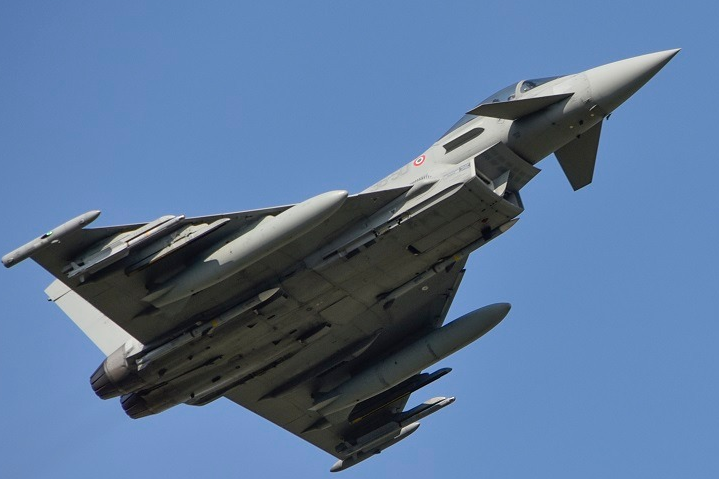
Bridging Boundaries, Building Technology: The Critical Role of Civil-Military Cooperation
This unexpected surge in defense expenditures due to the Ukraine war directly impacts the development of technological capacities within armed forces and the interplay between defense programs and industry. Leveraging the full potential of civil-military cooperation is not only a necessity but also an opportunity for nations to elevate their defense strategies to new heights. Countries unlock a powerful combination of strengths and resources, forging a holistic defense capability that embodies the resilient spirit of cooperation. Embracing this symbiotic relationship allows nations to magnify their collective defense endeavor, ensuring fortified security and unwavering stability amid the dynamic tapestry of global geopolitics.
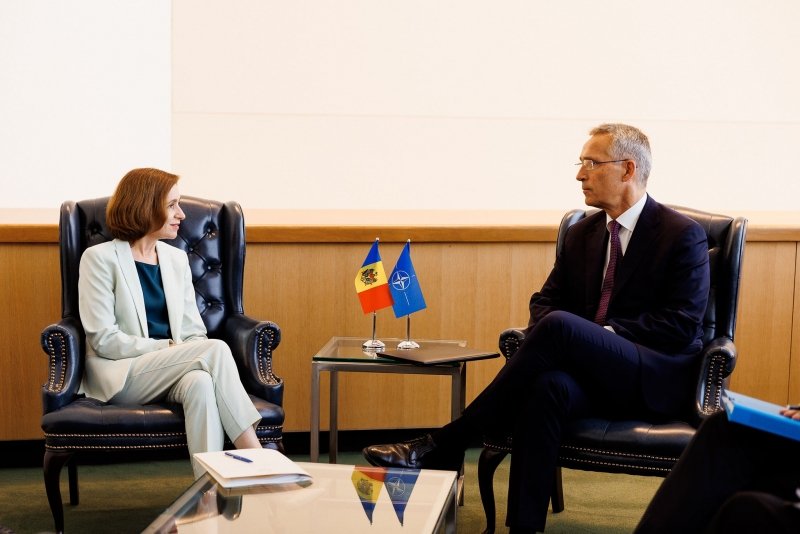
Supporting NATO Partners at Risk: Moldova
Certain post-Soviet countries have been under increased threat of a possible Russian invasion following the Russian invasion of Ukraine on 24 February 2022. Moldova is particularly at risk as it is under the threat of armed conflict in Transnistria—the Russian-occupied Moldovan breakaway region. To make Moldova a safer and more prosperous country, both the European Union and NATO must play a crucial role in supporting their post-Soviet partner at risk.
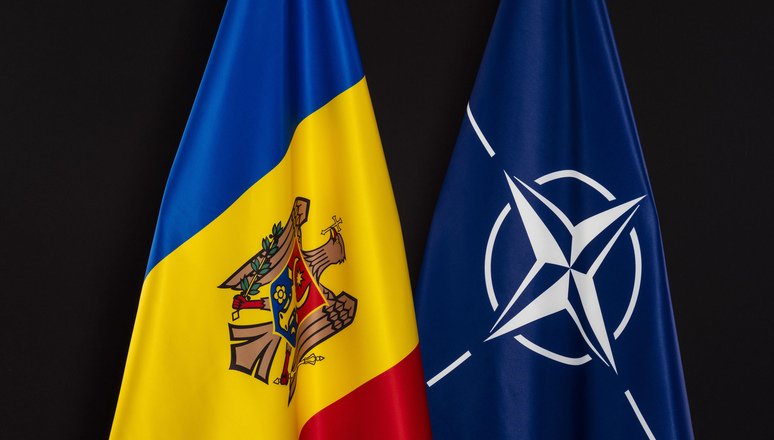
Forced Polarization: Disinformation on EU and NATO security assistance to Moldova
Moldova has been particularly affected by the war in Ukraine, lending to the outbreak of massive anti-government protests earlier this year. The North Atlantic Treaty Organization and the European Union, via the Common Security and Defence Policy, have openly committed to synergetic actions for shoring up the defence of the country against mounting hybrid warfare. Foreign Information Manipulations and Interferences (FIMIs) are now targeting external security assistance with the goal to exacerbate tensions in the already polarised Moldovan society. NATO and the EU must now face a pressing paradox, as further accommodating the needs of Chisinau in the defence domain risks unleashing a new wave of disinformation-driven dissensus.
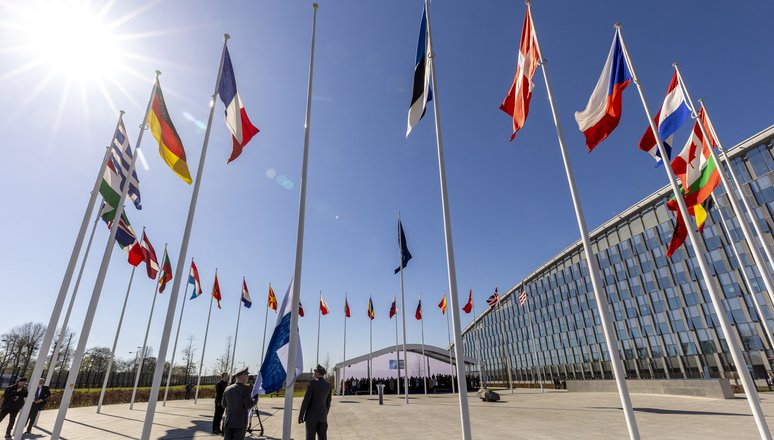
Finland and Sweden in NATO: Turning point or historical routine?
Sweden and Finland are NATO’s closest partners. In light of Sweden’s and Finland’s recent accession processes, this article traces Sweden and Finland’s relations with Russia and the West from the Russo-Swedish War of 1808–1809 to today.
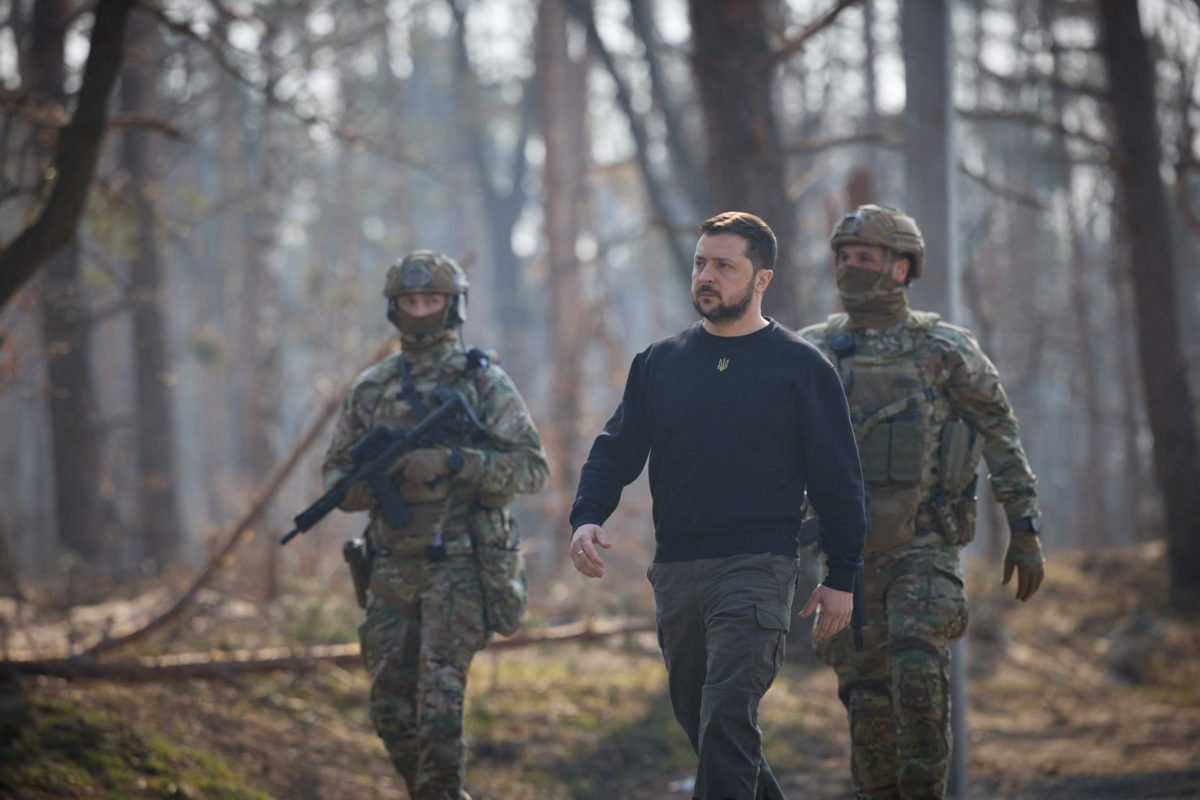
When Weapons Fall Silent: Lessons for NATO from the First Year of the Ukraine War
The 24 February Russian invasion of Ukraine passed its first anniversary, and the burdens on the weapon stockpiles, intelligence gathering, and regional stability by the West and NATO continue to expand. This presents a challenge and an opportunity for NATO to learn from Ukraine and the region's influential models of unconventional warfare. Pulling from what has been proven effective in Ukraine, both in traditional and hybrid military strategy, could be a potential aid to future conflicts with Russia. The inclusion of Ukraine in the NATO strategy planning allows for methods such as time, leadership, and technology implementation to be prioritized, as all were successful in the region and touched different parts of the war machine. This analysis will explore the lessons learned from the Ukraine hybrid warfare and how membership with NATO can help the West prepare for the subsequent altercations with Russia.

The Triple Nexus: What Climate Change, Gender and Security Mean for NATO
Climate change is rarely a stand-alone factor driving military planning or the conduct of military missions, yet it can aggravate or amplify existing conflict drivers and conflict vulnerabilities and therefore should be given due consideration during military assessment, planning, and execution. This paper aims to highlight why considering the gender perspective and climate should be interlinked in the context of security and collective defence.

Women are NATO: Interview with Lieutenant Colonel Diana Morais
Maria Luísa Moreira, Secretary General at WIIS Portugal, met LTC Diana Morais in Lisbon to learn more about her military career, her leading role at NATO HQ, and her aspirations for women in defence.
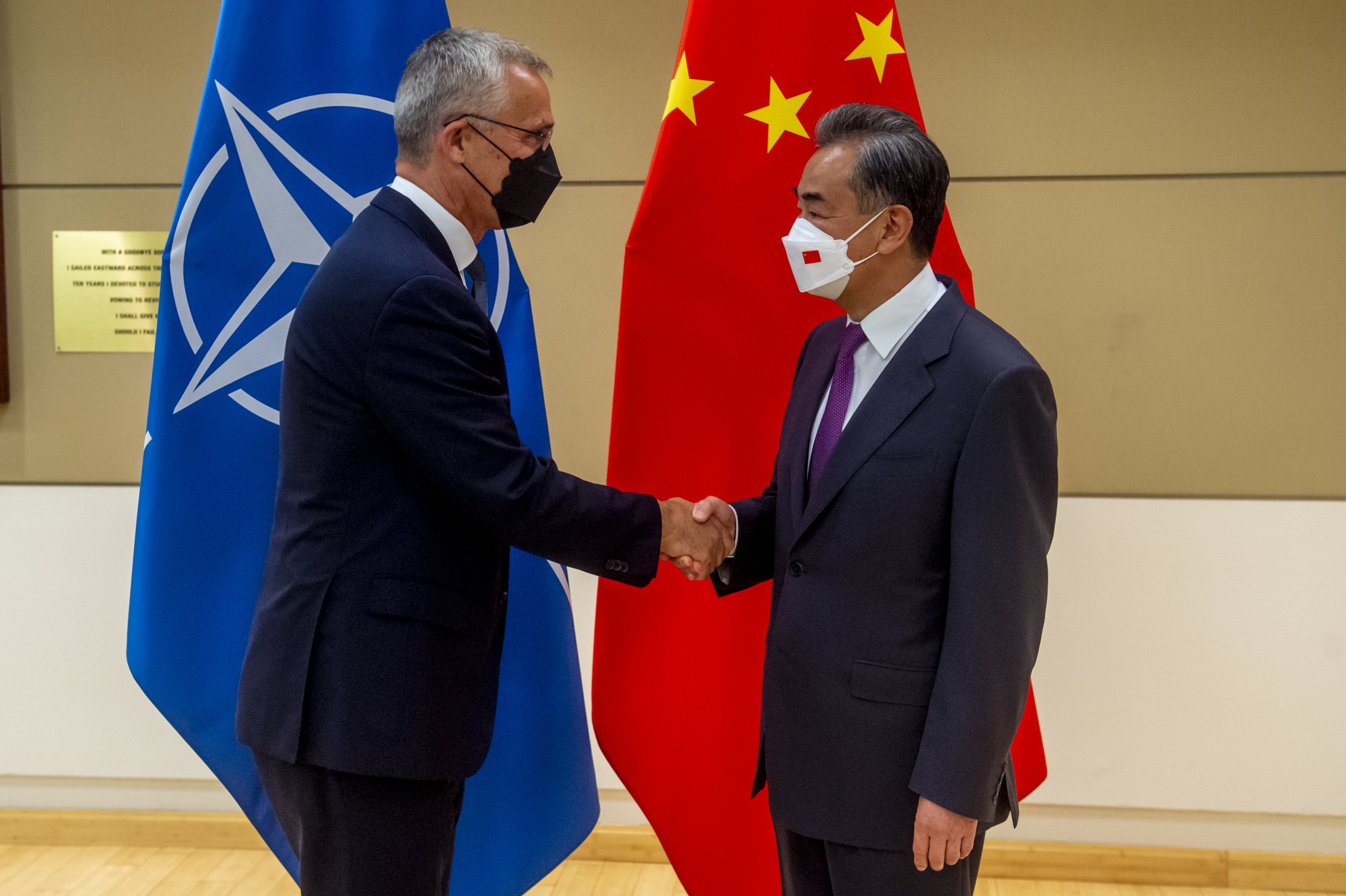
Of Discernment and Restraint: Proliferation, Iran, and Lessons for the West’s China Policy
Western powers, including NATO, should adopt a policy of discernment differentiating truly threatening aspects of China’s rise and behaviour from others. China’s policy on Iran is an example of such a policy. One step forward in adopting such a discerning policy, safeguarding against threats without needlessly increasing tensions, would be establishing direct communications between NATO and militaries in the Far East and launching a NATO-wide general cybersecurity strategy.
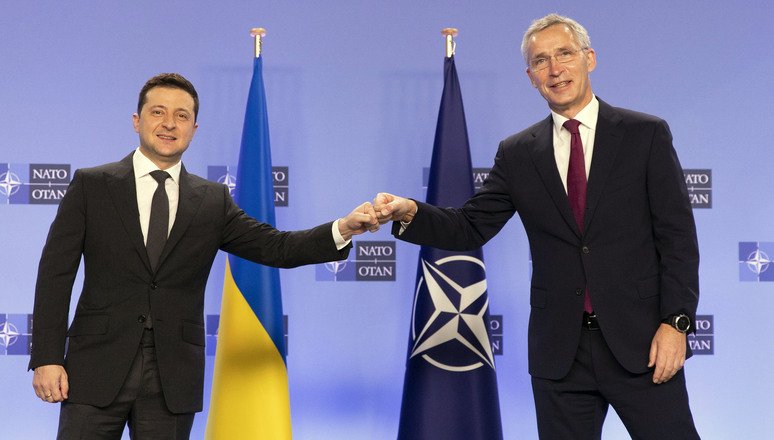
NATO Support to Ukraine as One of the Most Important Aspects of the War
NATO member states and their support to Ukraine is crucial in the Russia-Ukraine conflict. Aid has been provided since the very beginning of the war and could be divided into three categories: military aid, humanitarian aid, and political support. Without this support, the situation of refugees, Ukrainian battlefields, and public awareness of the conflict would be undeniably different. Solidarity has reached unprecedented proportions in this conflict. It has been clear since the beginning of the war that Western countries and NATO member states are willing to support Ukraine in its fight against Russian aggression unanimously.

A High North Coast Guard for NATO: The need for more Arctic maritime awareness in NATO’s Strategic Concept
With the recent submissions by Finland and Sweden—two prominent Nordic and Arctic powers—to join NATO, the Alliance must use this momentum to reinforce its strategic outlook towards the Arctic and reconceptualize how it can incorporate its core tasks of deterrence and defence, crisis prevention and management, and cooperative security towards a time-sensitive regional strategy. To demonstrate the need for the Alliance to implement an Arctic strategy, this article will showcase how NATO can build off its core tasks to fast-track a strategy that will expand its presence in the Arctic by enhancing its capabilities to respond to emerging security issues that will test the Alliance’s regional resilience while fortifying its ability to deter and defend against growing Russian Arctic militarization and Chinese extra-regional engagement.